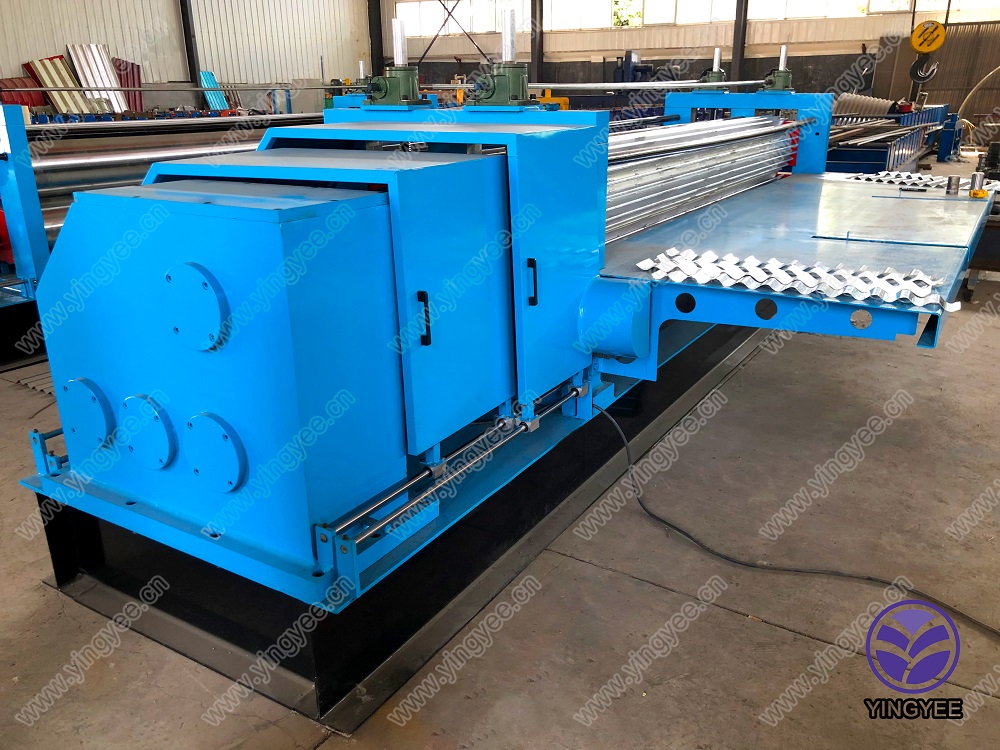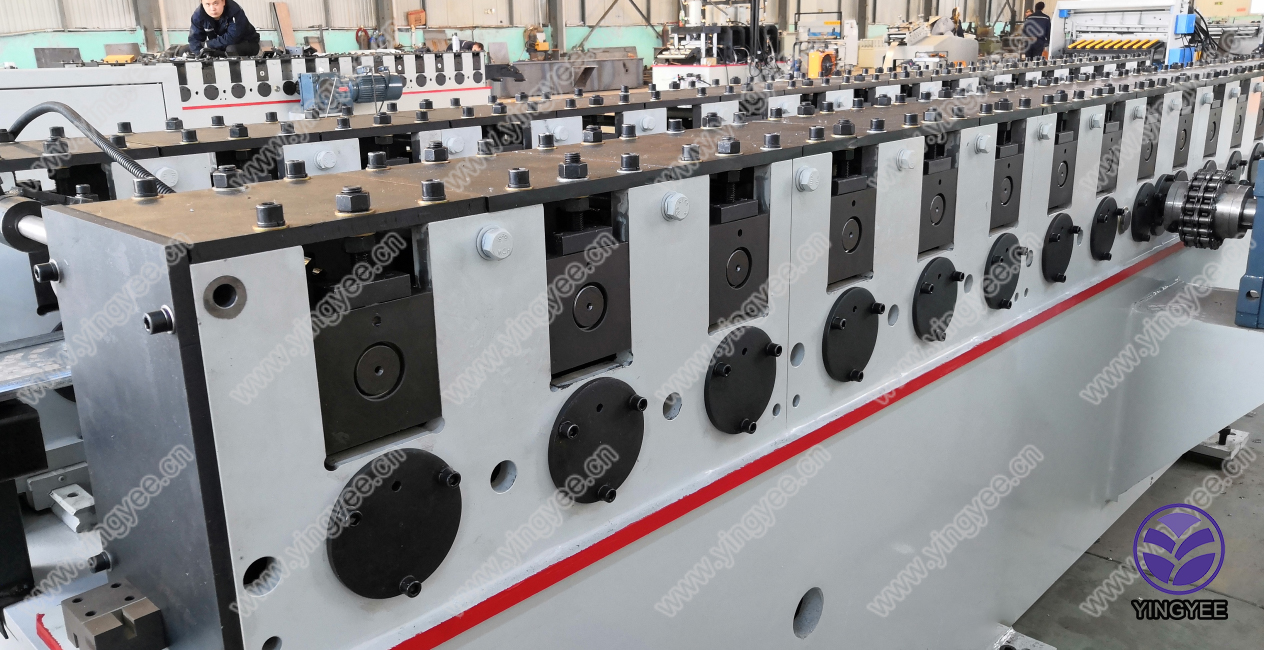Investing in a hydraulic thread rolling machine can significantly enhance your manufacturing capabilities, whether you're in the automotive, construction, or machinery industries. With their precision and efficiency, these machines have become indispensable tools for creating high-quality threaded components. Yet, one of the most frequent questions businesses face is determining the price of a quality hydraulic thread rolling machine. While the cost can vary based on several factors, understanding the intricate elements that influence pricing can help you make an informed purchasing decision.

Hydraulic thread rolling machines utilize a cold-forming process to produce threads by pressing and rolling the surface of the material. This method not only speeds up production but also results in threads that are stronger and more wear-resistant compared to those made by cutting. Given these benefits, it’s crucial to consider what contributes to the machine’s pricing structure.
The first aspect affecting the price is the machine's capacity. Machines capable of handling larger diameters or providing higher pressure usually come at a premium. This is because they require more robust components and sophisticated engineering to function optimally. When evaluating your needs, consider the typical size and material of the components you will be manufacturing. Straying from your specific requirements might lead to unnecessary costs or incapacity in meeting production demands.

Next,
the precision and quality of the thread rolling process heavily impact pricing. Machines with advanced features, such as computerized controls and precision measurement systems, enable manufacturers to produce consistent, high-quality threads. Though these advanced systems come with a higher price tag, they often lead to reduced waste and lower long-term costs due to improved efficiency and product quality. Evaluate whether investing in these high-end features aligns with your production goals and budgetary constraints.
Another crucial factor is the brand and origin of the machine. Established brands with a reputation for durability and performance usually demand higher prices. European or American-made machines might also cost more than those manufactured in emerging markets due to differences in labor costs, material quality, and after-sales support. However, investing in a reputable brand often translates into better reliability, longer machine lifespan, and more substantial customer support, thereby enhancing your investment’s overall value.
hydraulic thread rolling machine price
Consider also the supplier's after-sales service and warranty offers. Comprehensive warranties and robust support frameworks can significantly alleviate the initial price concerns, providing peace of mind and protecting your investment. A supplier known for prompt service and support can be invaluable, especially if technical issues arise, minimizing downtime and maintaining production schedules.
Moreover, the machine's adaptability and versatility can influence its price. Some machines are designed to cater to specific production needs, while others offer adaptability for a wide range of applications. Investing in versatile machinery might involve higher upfront costs but can provide a competitive edge if your production needs diversify over time.
Lastly, factor in the total cost of ownership, which encompasses installation, maintenance, and operational costs. A machine with a competitive upfront price may incur higher operational costs if not energy-efficient or if it demands frequent maintenance. Holistically assessing these factors can lead you to a more accurate determination of the financial impacts and benefits over the machine's lifespan.
In conclusion, while the price of a hydraulic thread rolling machine has numerous influencing factors, attaining the right balance between cost, functionality, and long-term value is key. Consulting with industry experts, seeking customer testimonials, and ensuring thorough market research will lead you to a purchase that not only meets your immediate manufacturing needs but also supports your business growth and production efficiency in the long run.


